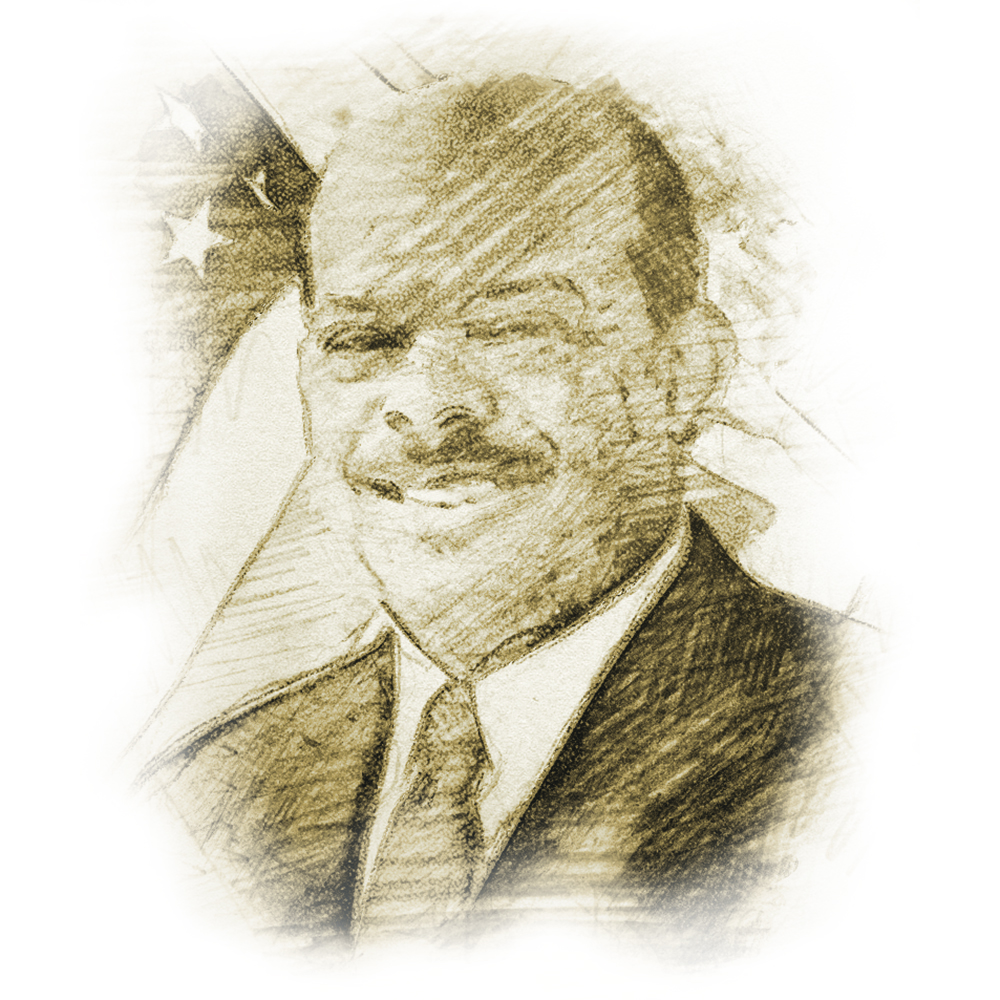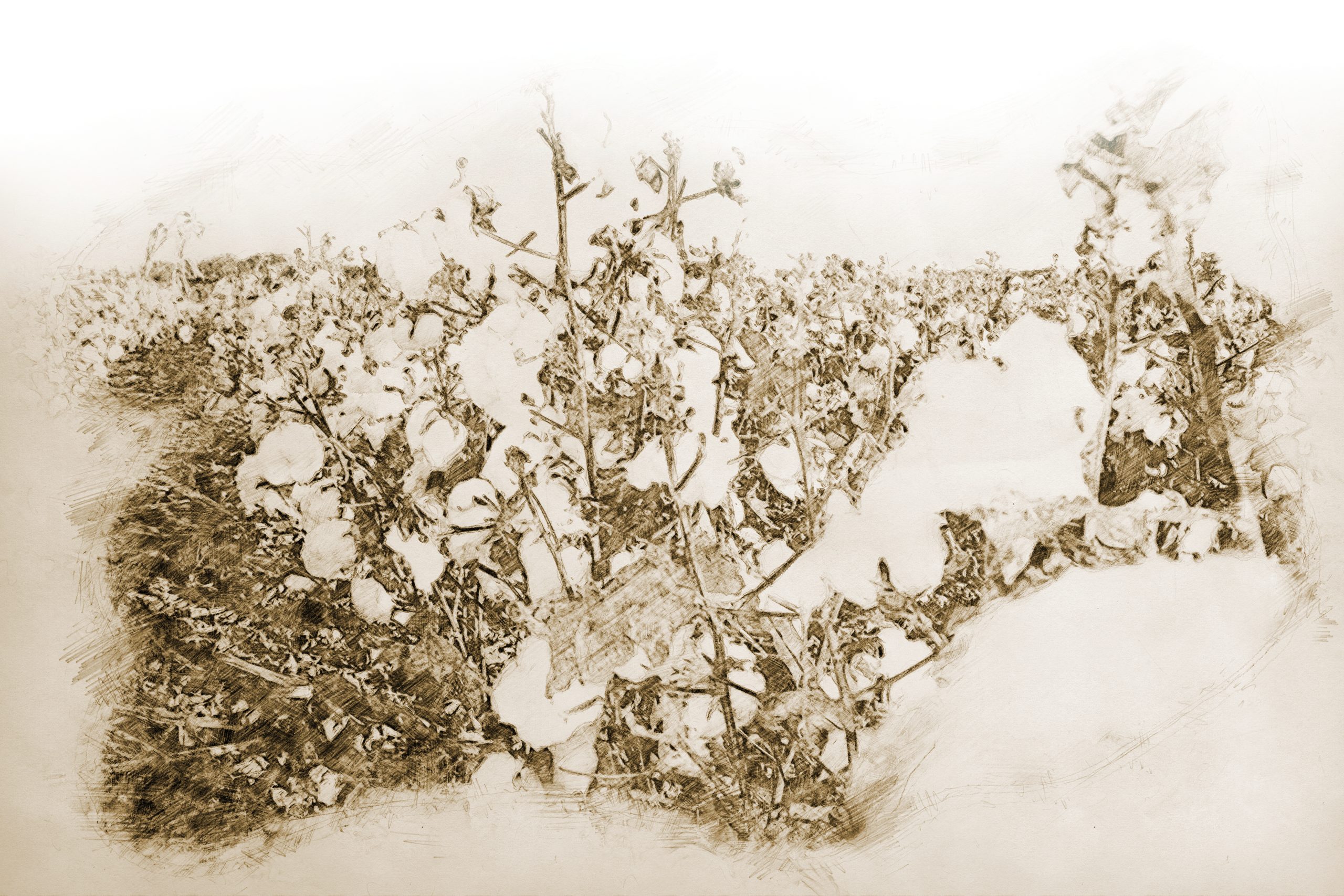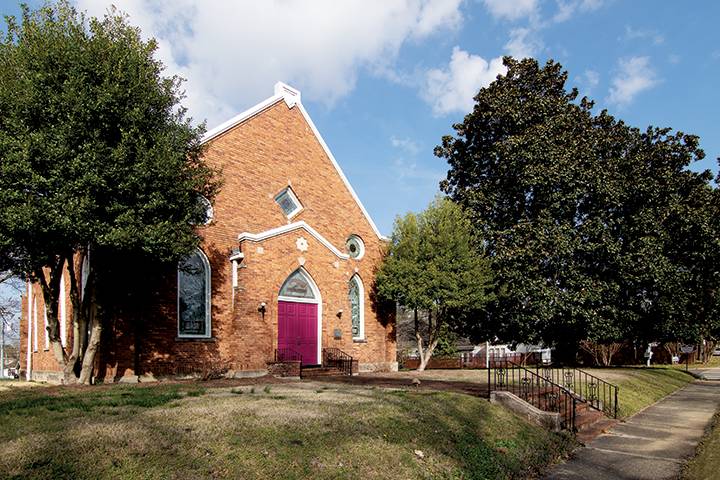Making Haywood a good place to live
Built upon rich alluvial soil, laid down millennia ago when the Mississippi River took a hiccup in an easterly direction, Haywood County was destined to become an attractant to early settlers interested in planting one of the most prosperous…and labor-intensive…crops of the early 19th Century: cotton.
One of the most significant cotton-producing counties in the state of Tennessee, Haywood still lives with the legacy of that geological quirk. Until mechanization changed farming after World War II, Haywood County was, and continues in many ways to be, a contrast between the rich, elite planter class and those who farmed the land. The extremes of poverty and wealth began to change as the descendants of those enslaved residents (the largest part of the county’s population) left for the industrial North and job opportunities.
The legacy of those who left, and those who stayed, has created—acknowledged or unacknowledged—Haywood County, a study in contrasts. Rich music traditions, educational excellence, flourishing fine arts, entrepreneurship, and spiritual depth flow through and around all who have lived here. It is because of the vital impact of the Black Americans who struggled, survived and surpassed that the county has gracious homes, historic buildings, land wealth and a reputation for support of arts and culture.
The history of Black lives in Haywood County is harsh, but it is also triumphant.
Let’s be frank upfront. Haywood County, like similar places across the South, has had a troubled past for much of its 200 years of existence. The county began as a new territory growing cotton with slave labor. Most of the non-slave population supported secession from the United States in 1861. After the revolution that resulted in freeing the enslaved, segregation was solidified by the 1910s after years of political terror that resulted in most
Blacks losing the right to vote. Many of the descendants of the formerly enslaved peons found themselves bound to the land by indebtedness…enslavement under a different guise. Throughout these years there was always a large African American county population. By the time of the Civil War in 1861, Blacks were 60 to 65 percent of the total county population. This situation existed through the 1960s.
By the 1960s the population movement from the farm to urban areas by those seeking the “warmth of other suns” was decreasing this group’s proportion in the county population. Although many left, a significant segment remained, and some of those who left returned, a trend that continues today. John and Betty Duckworth, John Ashworth, Carrie Parker, Cynthia Bond, Rosa Walker, Alma Jean Carney, Currie Boyd, Marjorie Vaulx, and Louvern Tucker are representatives of contemporary returnees.
The African American population across the county shared a culture rooted in two dominant ideas. The first idea was a belief in and adherence to the tenet, “Do unto others as you would have them do unto you.” The second was an unshakeable belief in the promise of democracy. In communities across the county, from Belle Eagle in the north to Dancyville and Fredonia in the south, African American adults strove to make these ideas part of the county ethos and practices in all aspects of life: education, government, business, etc.
Families and communities taught their children the doctrine of the equality of humankind and instilled in them ambition and the importance of a dream to make their mark, their contribution to the world. Probably Tina Turner is the most widely known of the diaspora from these local communities. However, there are many others whose accomplishments have contributed to the evolution of Haywood County as a place hospitable to diversity and one that recognizes the contributions of its African American citizens. Among these persons are Dr. Edith Peterson Mitchell, an oncologist and former head of the National Medical Association; Dr. Cynthia Bond Hobson, noted author and motivational speaker; Dr. Allison Tucker, a Chicago anesthesiologist; and Brownsville Mayor Bill Rawls, along with many others who have effectively served in local public offices since the early 1970s such as Carolyn Flagg, Leon King, Alma Jean Carney and Joe Taylor.
Those who sought the “warmth of other suns” continued their determination to contribute to the well-being of their adopted communities: James Arthur Taylor, an Illinois union organizer and political activist; Darlene Beard, a Michigan alderwoman; NO NAME NIXON, granddaughter of community activist Dan Nixon and Franklin, Tennessee, alderwoman/vice mayor; Ed Whitmore, Nashville city councilman; and Emmet Turner, Metropolitan Nashville police chief.
These communities over the years produced businesspeople. The most noted on the local scene is likely C. A. Rawls, founder of Golden Circle Insurance Co. Clinton Thomas and his wife have long operated a t-shirt shop in Brownsville. Maggie Stewart’s flower shop is a continuation of the entrepreneurial spirit of women such as Alma Taylor and the Kozy Beauty School and the 1940s pharmacy of Maude Rawls.
The arena in which contributions are greatest is education. Countless numbers of African Americans in Haywood County have labored as teachers in school systems across the nation. Dr. Carol Rawls Johnson served as a top education official in Minneapolis, Minnesota; Memphis, Tennessee, and Boston, Massachusetts. Recently, she served as interim president of Lemoyne-Owens College in Memphis. Dr. Hugh Gloster, whose parents came to Brownsville in 1886 to head the Dunbar School, was president of Morehouse College in Atlanta. Dr. Andrew Bond was a Tennessee State University and Meharry Medical College dean. Dr. James Holloway was a noted biology researcher at Howard University Medical School. Dr. Dorothy Granberry was a professor and program administrator at Tennessee State University and an active member of the Southeastern Psychological Association, the Association of Black Psychologists, and the American Psychological Association. Dr. Francine Giles Madrey and her sister, Henri Giles, are professors at a North Carolina University and the University of Tennessee at Martin, respectively. Dr. Marlon King, currently superintendent of Madison County Schools, served as director of schools in Haywood and neighboring Fayette County.
The philosophy and service of these members of the Haywood County African American community are gaining recognition and being celebrated for their contributions over the centuries to the quality of life in Haywood County and the impact they have made in communities across the world. They are just the beginning.







